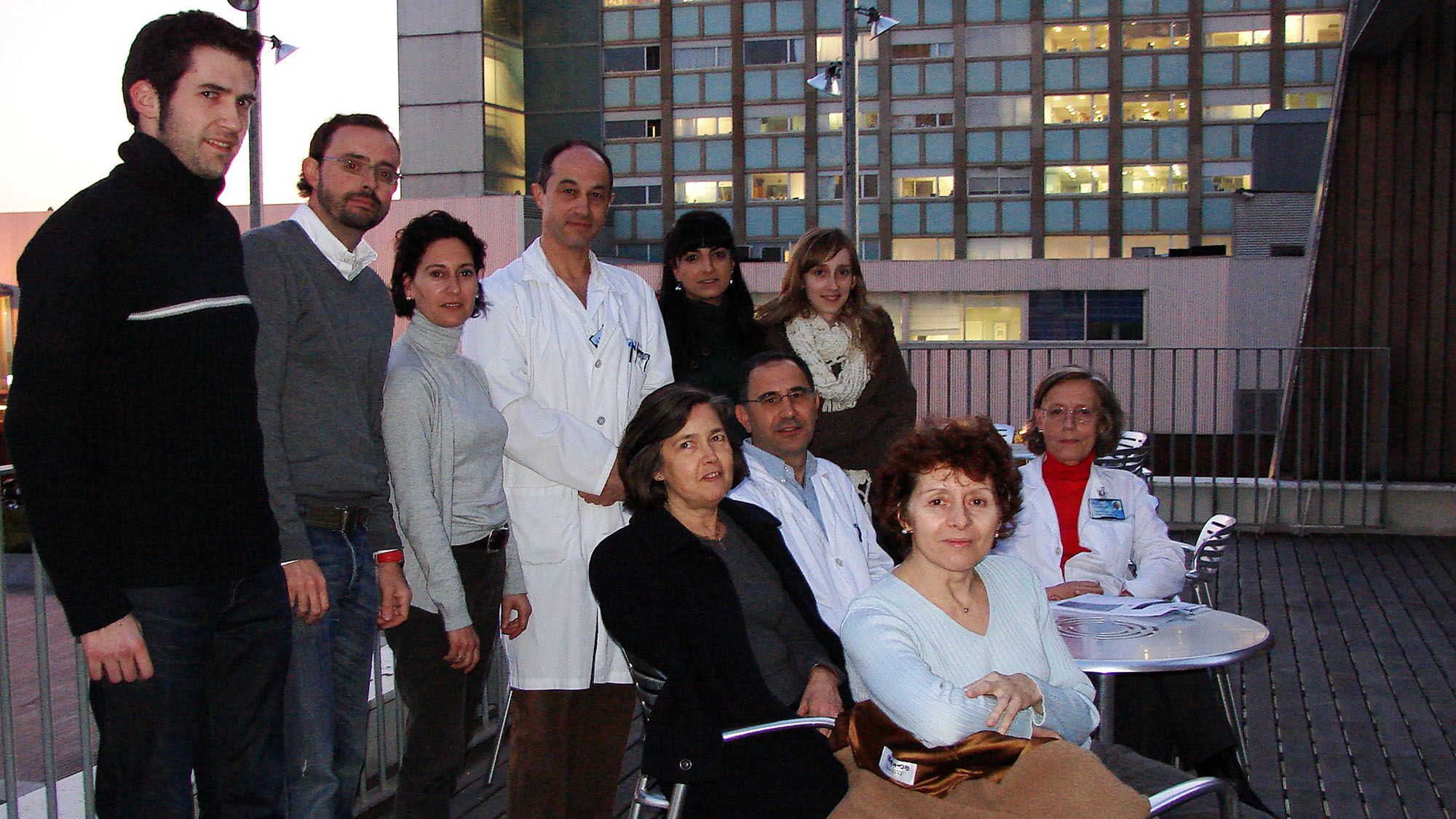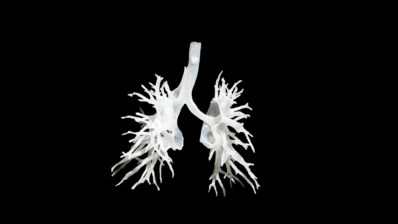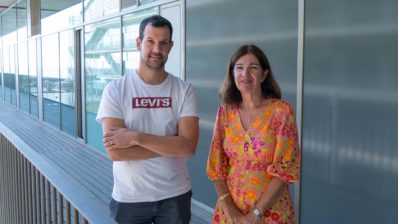Margarita Puig was the first female Professor of Pharmacology in Spain. She currently leads the Extraordinary Chair in Pain of the UAB and the research group in physiopathology and pain treatment at IMIM-Hospital del Mar. This group, together with the research group in anaesthesiology, is part of the Anaesthesiology and Reanimations Service of the hospital, which she managed during 10 years. Since then, this anaesthetist is dedicated to research on pain, both at the basic level, with experimental models in the laboratory, and at the clinical level, with patients who suffer pain and with healthy volunteers. She also teaches both at pre-graduate and post-graduate levels.
“Our research is exclusively translational. We bring clinical problems to the lab”, emphasizes Puig. The group studies the transformation of acute pain into chronic pain, with an emphasis on the post-operatory. In 35% of the chirurgical interventions, the acute pain that appears as a consequence of the surgery becomes chronic pain, which could last for 6 months and is difficult to treat. Perhaps the more extreme examples of the transformation of a light acute trauma pain into a chronic serious one are the Regional Complex Pain Syndromes (CRPS), which can last for life.
“We study the main factors that could be implicated in the conversion from acute to chronic pain”
Margarita Puig (IMIM)
In order to study the main factors that could be implicated in the conversion from acute to chronic pain, the group participates in a European consortium, PAIN-OUT, of which Puig is the Spanish coordinator. The group has also received funds from the “Marató de TV3” to make a database of samples from Spanish patients to investigate genetic mutations related with pain and analgesia. This project is lead by Antonio Montes. In the laboratory, on the other hand, David Cabañero, Anna Campillo and Carolina Zamora, are using cellular and molecular biology techniques, immunohistochemistry and microPET to study the chronification of pain. Recently they could demonstrate that genomic therapy with a viral vector that releases enkephalins is able to prevent the sensibilisation to pain in the post-operatory.
Lack of treatment
“There are almost no new drugs for pain, because their development is very slow, so we have to optimize the effectiveness of the existing ones”, emphasizes Puig. That is why another project of the group studies what combinations of drugs are more beneficial to prevent post-operatory acute pain. Susana Fernández and Enriqueta Barrera are in charge to study this topic in patients and Asunció Romero and Christian Dürsteler are doing it in experimental models that are treated with different combinations of drugs. This way, they are able to establish the optimal ratio of the doses in the combination, as well as what type of interaction takes place between the drugs.
“Training on pain is nonexistent here (…) so we started the 1st Master in physiopathology and pain treatment”
The human and social cost that pain represents is immense. Despite this, doctors don’t receive a good training in pain, neither during their career nor during their residence. “Training on pain is nonexistent”, says Puig. “For this reason, in 2005 we started a Master in Physiopathology and Treatment of Pain directed to specialist doctors at the UAB, the only Master in Spain with these characteristics“. This 2-year long Master instructs 30 medical doctors in every edition.
“The fact that there isn’t a formal training on pain is part of the reason why, in Spain, there are very few consolidated research groups on pain, both at a clinical and a basic level”, mentions Puig. “We hope that, with this Master, research will be encouraged in this important field.”







